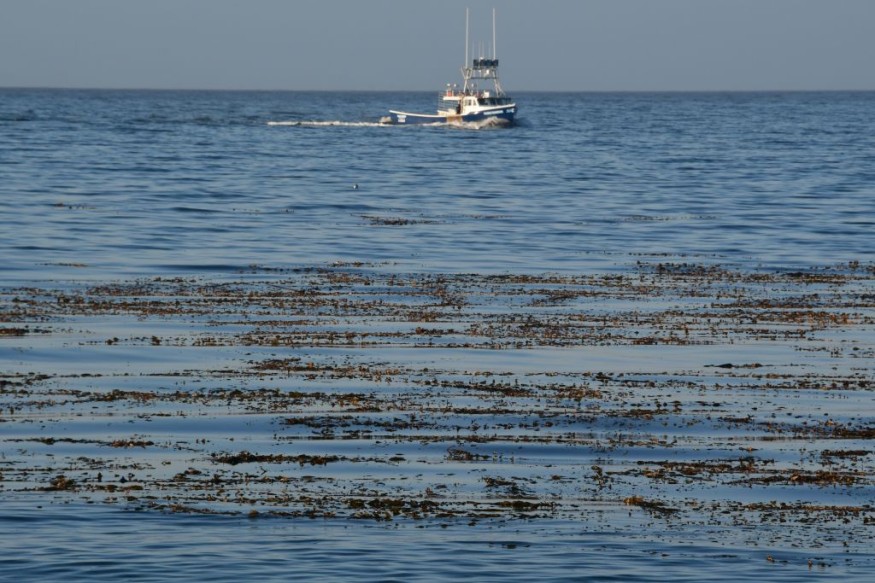The latest research raised concerns over the vulnerability of marine snails to rising temperatures and ocean warming in the Strait of Georgia. The marine snails have been struggling to survive amidst the extreme temperatures.
Climate change has contributed to the problems of ocean warming. Rising temperatures can affect marine animals, including coral reefs and snails.
Although snails can adapt, extreme warming can make it more challenging for them.
The state of marine snails in the Strait of Georgia showed an alarming trend of ocean warming. Researchers observed the snails or Nucella lamellosa adaptability to rising temperatures near Canada and British Columbia.
Staying alert to climate change is essential to protect species from decline and develop mitigation efforts. Recent reports indicate that marine snails are an important source of food for fish and other marine animals.
Marine Snails Vulnerable to Ocean Warming

Marine snails are also bioindicators of the health of oceans. The decline in the snail population shows an alarming impact on ocean farming.
Researchers from the University of British Columbia analyzed the state of marine snails found in the Strait of Georgia and Central Coast.
Drs. Fiona Beaty and Chris Harley, zoology researchers from UBC, monitored the marine snails. They discovered that 50% of the marine snails became more vulnerable to ocean warming.
Northern anchovies and oysters can likely survive the rising temperatures. The N. lamellosa on the coasts showed lower growth rates due to the warming event in the region.
The research findings were published in the Ecology journal.
Researchers explained that marine snails experienced heat more than they could or their comfort zone.
In Southern California, a recent report raised alarms about the impacts of rising temperatures on sea snails or Kellet's whelk larvae. When the heat intensifies more, it can become a dangerous threat to the sea snails.
The findings were published in the Journal of Shellfish Research. The marine heat waves can become more extreme, and the thermal stress can affect shellfish species and biodiversity.
It can also impact the seafood supplies in California.
Also Read : Half of Breeding Seabirds in Ireland, UK Declined Over Past 20 Years Due to Climate Change, Habitat Loss
Conservation and Protection Efforts Amidst Climate Change
Human activities contribute to the rapid problem of climate change. It can exacerbate the effects on marine environments and animals. As a result, mitigation efforts are crucial to protect shellfish, sea snails and other marine animals from decline.
The decline in snails can affect the food sources and behavior of marine animals. Reduction of greenhouse emissions can alleviate the ocean warming trend.
Related Article : Warm-Stricken Sea Sponges Suffer From Deadly Bacteria, Research Warns
For more similar stories, don't forget to follow Nature World News.
© 2026 NatureWorldNews.com All rights reserved. Do not reproduce without permission.





